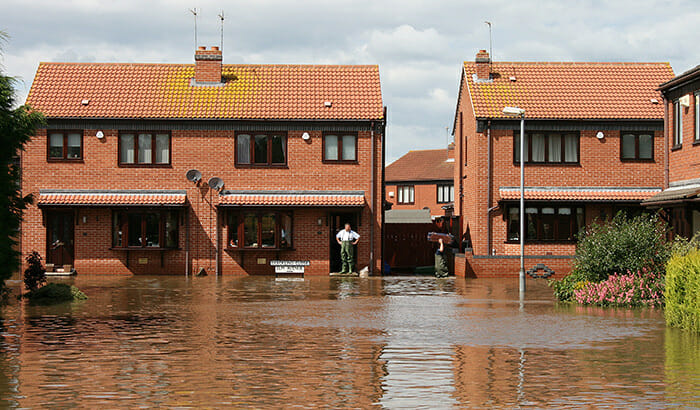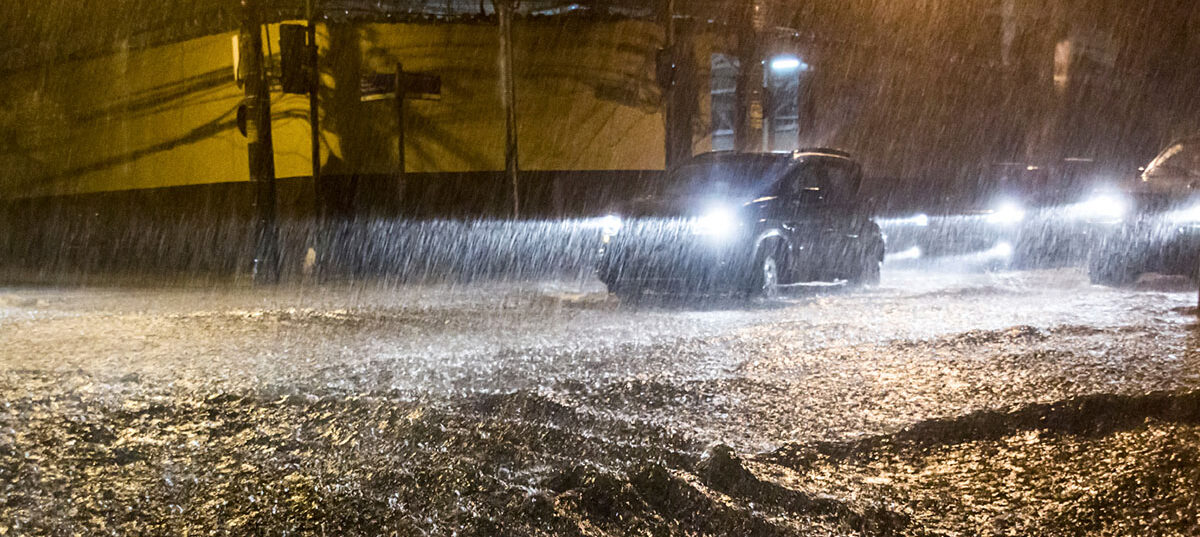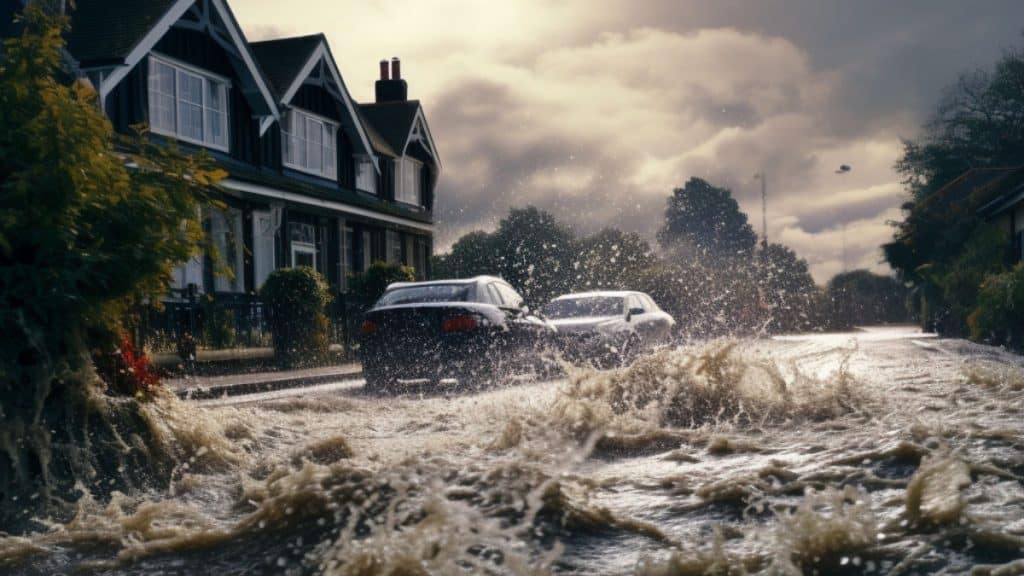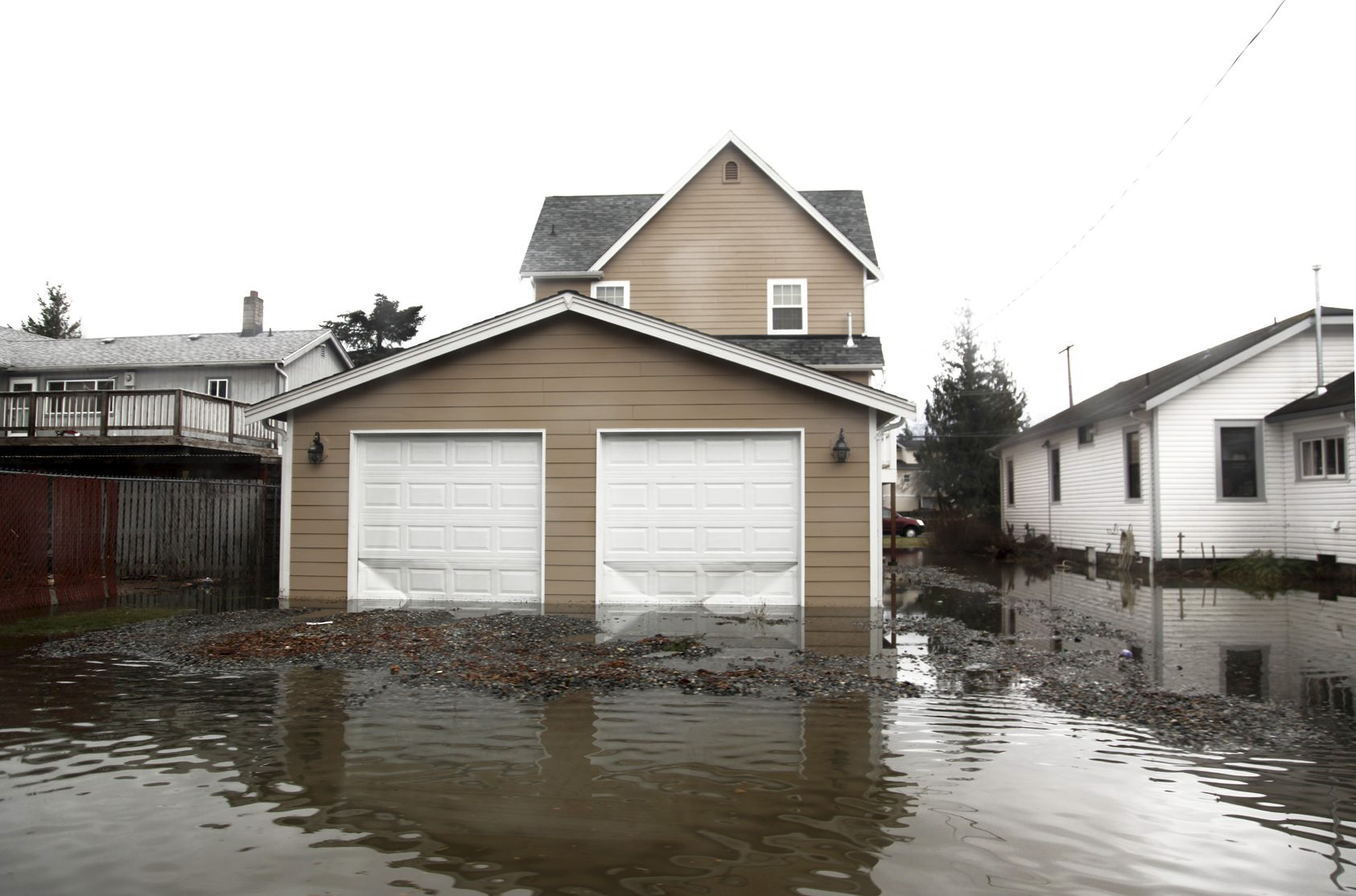Table of Contents
- Flooding and Water Damage: Know the difference! | Unica Insurance
- Flood damaged home
- Revealing!! Why It Is Essential to Hire Flood Damage Experts After Home ...
- How Do You Handle Flash Flood Damage? What Measures Should You Take?
- Flood damage? You could well be on your own
- Flooding Health Hazards | Service First Restoration
- Does Your Car Insurance Cover Flood Damage? | Ultimate Guide - Comparoo
- Spring Thaw: Understanding Water Runoff and the Perils of Flooding ...
- How Flash Flood Damage Buildings In Singapore - LUMIAIR Singapore
- Understand the Stages of Flood Damage



Tip 1: Create a Flood Emergency Plan
Before a flood occurs, create a flood emergency plan with your family. This plan should include a safe meeting point, evacuation routes, and a contact person in case you get separated. Make sure to practice the plan with all family members, so everyone knows what to do in case of a flood.

Tip 2: Stay Informed
Stay informed about weather conditions and flood warnings in your area. Sign up for emergency alerts from your local government or weather service, and keep a battery-powered radio and flashlight on hand in case the power goes out. You can also download the FEMA app to receive alerts and updates on your mobile device.
Tip 3: Know Your Flood Risk
Understand your flood risk by checking the FEMA Flood Map Service Center to see if you live in a flood-prone area. If you do, consider purchasing flood insurance to protect your home and belongings.
Tip 4: Prepare Your Home
Take steps to prepare your home for a flood by:- Clearing your gutters and downspouts to ensure water can flow freely
- Securing outdoor furniture and decorations that could become projectiles in strong winds
- Moving valuables and important documents to a safe and elevated location

Tip 5: Evacuate If Necessary
If ordered to evacuate, do so immediately. Don't wait or try to ride out the flood. Follow the recommended evacuation route and stay away from flooded areas.
Tip 6: Avoid Walking or Driving Through Floodwaters
Avoid walking or driving through floodwaters, as they can be contaminated with sewage, chemicals, and other hazards. Just six inches of moving water can knock a person off their feet, and a foot of water can sweep a car away.
Tip 7: Be Cautious After the Flood
After the flood, be cautious when returning to your home. Check for structural damage, and be aware of potential hazards such as:- Sharp debris and broken glass
- Contaminated water and mold
- Downed power lines and electrical hazards
Stay safe, and stay prepared!